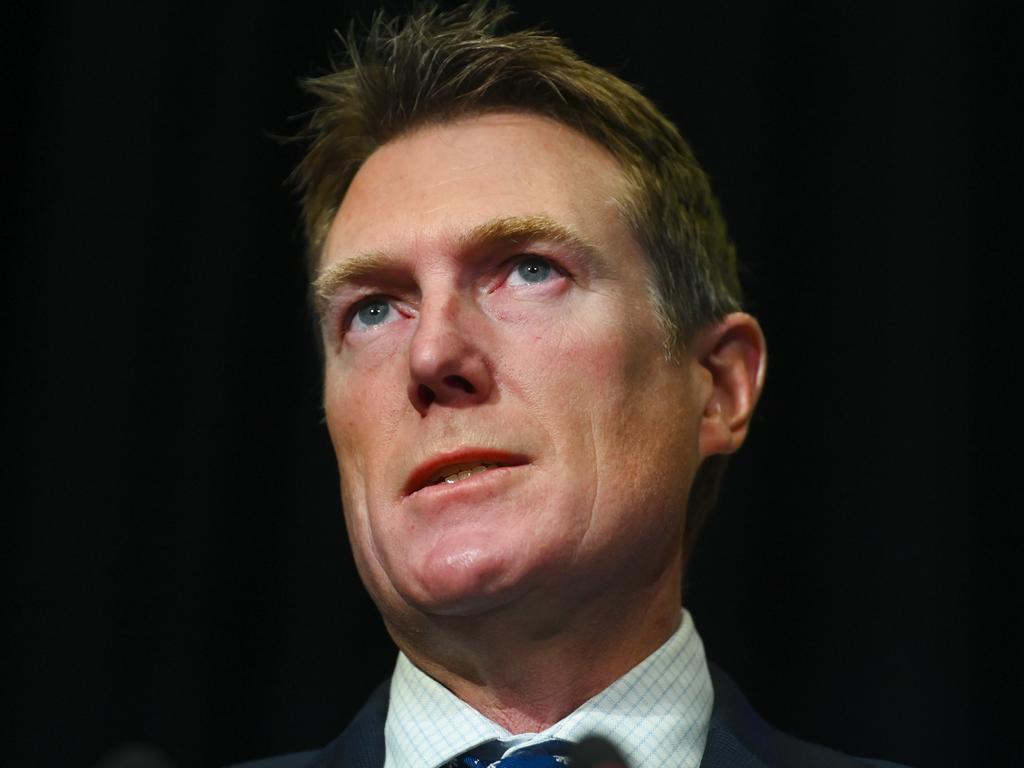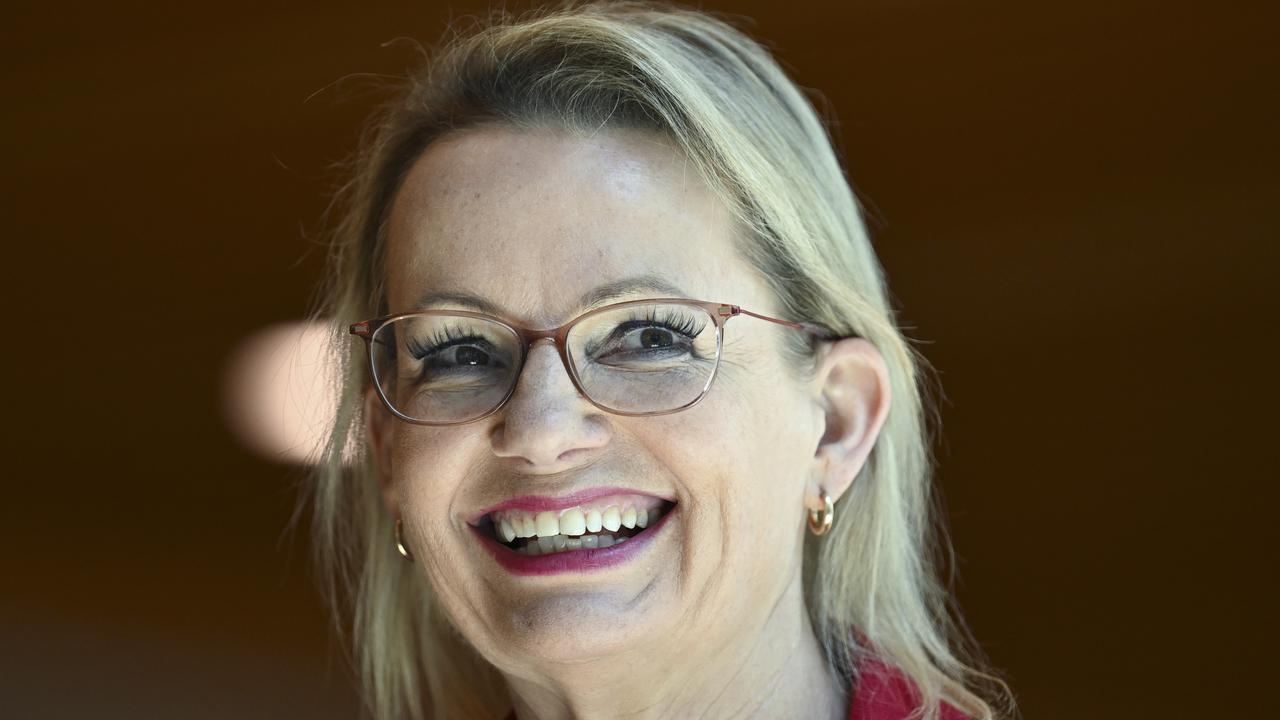IPA slams religious discrimination bill for ‘blurring church-state roles’
The IPA says the draft bill puts judges above priests, imams and rabbis in deciding the limits of religious freedom.

Institute of Public Affairs executive director John Roskam has slammed the draft religious discrimination bill of the Attorney-General, Christian Porter, saying it will “blur the distinction between church and state” by inviting “secular courts to define what is considered a ‘reasonable’ and ‘good faith’ religious practice”.
In an attack on the legislation, expected to be tabled in parliament before Christmas, Mr Roskam said the proposed laws would “put judges above priests, imams and rabbis in deciding the limits of religious freedom … The proposed exemptions from the religious anti-discrimination laws do not include bodies which are solely or primarily engaged in commercial activities”.
READ MORE: Bosses going too far by gagging employees: Attorney-General | Faith bill: ‘there will be changes’ | Catholic bishops call for more protections on charities and hospitals | Alliance spotlights instances of faith-based discrimination
“This fails to recognise that the manifestation of religious beliefs takes place as much in a commercial environment as in a church, synagogue, or mosque,” he said.
“The proposed bill will reverse the onus of proof by requiring a ‘large business’ to justify why their alleged discrimination against an employee of religious faith was justified.
“This is an unconscionable reversal of a centuries-old legal tradition which sits at the heart of Australia’s legal system to protect individuals’ rights against arbitrary use of government power.”
The IPA submission to the Attorney-General’s Department in response to the government’s draft religious discrimination bill, describes it as “unlikely to achieve its stated objective of protecting Australians of faith from unfair discrimination”.
It also says under the legislation, exemptions for faith-based organisations are “too narrow to guarantee the mechanisms introduced by the draft bill will not be used as a cudgel against Australians of faith to combat theological ideas”.
The conservative think tank said state and federal governments should “reverse years of encroachment on to the freedoms of Australians by removing or limiting the reach of laws which impinge on those freedoms, which are the anti-discrimination laws themselves”.
Mr Roskam said the proposed bill was unlikely to prevent another case such as that of the Catholic Archbishop of Hobart, Julian Porteous, from arising.
“The bill intends to ensure ‘statements of faith’ cannot be found to be unlawful under state anti-discrimination law. However, the protection for ‘statements of faith’ does not include speech, which is ‘likely to harass, vilify, or incite hatred’,’’ he said.
“This will render proposed protection for ‘statements of faith’ ineffective because state anti-discrimination laws by definition and intention include speech which ‘vilifies’, itself a notoriously vague and subjective word.”
Mark Fowler, adjunct associate professor at the School of Law Notre Dame, also expressed concern about oversight of faith-based cases under the proposed bill. He said the legislation required judges to determine whether conduct “may reasonably be regarded as being in accordance with the doctrines, tenets, beliefs or teachings or the religion”.
“(It) requires judges to perform feats in the interpretation of religious belief that leading jurists around the world have cautioned against,” Professor Fowler said.
“A strict distinction should be maintained between the task of identifying the content of a religious belief and the consideration of the limitations to be placed upon that belief.”





To join the conversation, please log in. Don't have an account? Register
Join the conversation, you are commenting as Logout